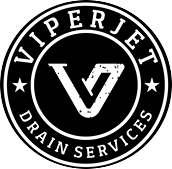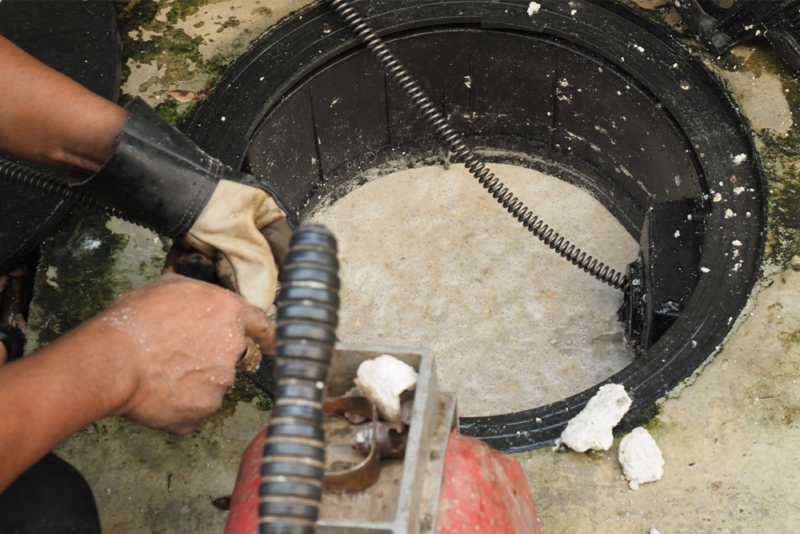Maintaining a commercial kitchen or food service establishment comes with various responsibilities, and one of the most critical among them is grease trap cleaning. Grease traps, also known as grease interceptors, are essential components of the kitchen’s plumbing system. They play a vital role in preventing fats, oils, and grease (FOG) from entering the wastewater and sewage systems. Regular grease trap cleaning offers a wide range of benefits that go beyond just ensuring compliance with local regulations. In this article, we’ll explore the top 10 advantages of keeping your grease trap clean.
1. Prevents Costly Clogs
One of the primary benefits of regular grease trap cleaning is the prevention of clogs. As FOG accumulates in the trap, it can congeal and solidify over time, leading to blockages in your plumbing system. These clogs can be both expensive and disruptive to your daily operations, potentially resulting in downtime and costly repairs.
2. Regulatory Compliance
Keeping your grease trap clean is essential for regulatory compliance. Most local environmental agencies have strict regulations in place to limit the amount of FOG that enters the wastewater system. Failure to comply with these regulations can lead to fines, legal issues, and damage to your business’s reputation.
3. Odor Control
A neglected grease trap can emit foul odors, which not only create an unpleasant working environment for your staff but can also drive customers away. Regular cleaning ensures that odors are kept in check, maintaining a pleasant atmosphere in your establishment.
4. Ensures Efficient Operation
Proper maintenance of the grease trap ensures that it functions efficiently. A well-maintained grease trap prevents overflows, backups, and other plumbing issues that could disrupt your operations. By keeping it in good working condition, you avoid costly and time-consuming problems.
5. Extends the Grease Trap’s Lifespan
Grease traps are not inexpensive to install, and regular replacements can be a significant cost. Routine cleaning and maintenance can help extend the lifespan of your grease trap, saving you money in the long run.
6. Environmental Responsibility
By preventing the buildup of FOG in your grease trap, you’re contributing to a cleaner environment. FOG can contaminate wastewater and sewage systems, potentially leading to water pollution. Proper grease trap maintenance is an environmentally responsible practice.
7. Promotes Health and Safety
A dirty grease trap is a breeding ground for harmful bacteria and pathogens. Regular cleaning and maintenance reduce the risk of bacterial growth, creating a healthier and safer work environment for your employees.
8. Cost Savings
The cost of emergency plumbing repairs due to grease-related issues can be substantial. Routine grease trap cleaning helps prevent these emergencies, resulting in cost savings over time. It’s a proactive approach that pays off in terms of both money and peace of mind.
9. Improved Drainage
When your grease trap is well-maintained and clean, it allows for the efficient flow of wastewater through the drainage system. This means less disruption to your daily operations, as well as a reduction in the risk of plumbing-related downtime.
10. Enhances Customer Satisfaction
A clean and well-maintained kitchen, which includes a properly functioning grease trap, is essential for providing hygienic food preparation and service. This can lead to higher customer satisfaction and loyalty. When customers see that you take their health and well-being seriously, they are more likely to return to your establishment.
In conclusion, grease trap cleaning is not just a matter of compliance; it’s a comprehensive strategy for ensuring the smooth operation of your business, reducing operational disruptions, and enhancing your environmental responsibility. By taking proactive steps to keep your grease trap clean, you not only save money but also create a safer and more pleasant environment for both your staff and customers. It’s a win-win for your business and the planet.

